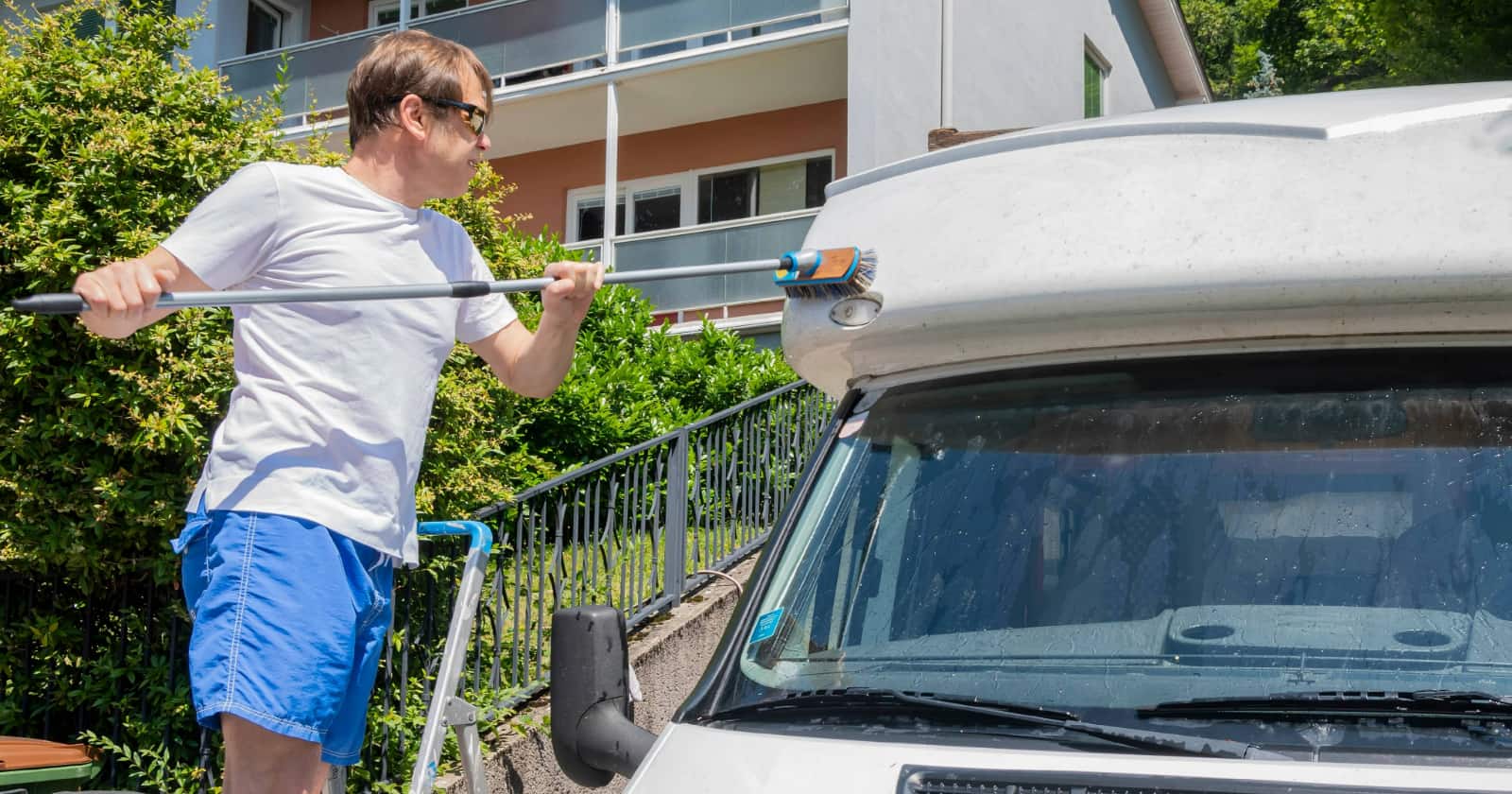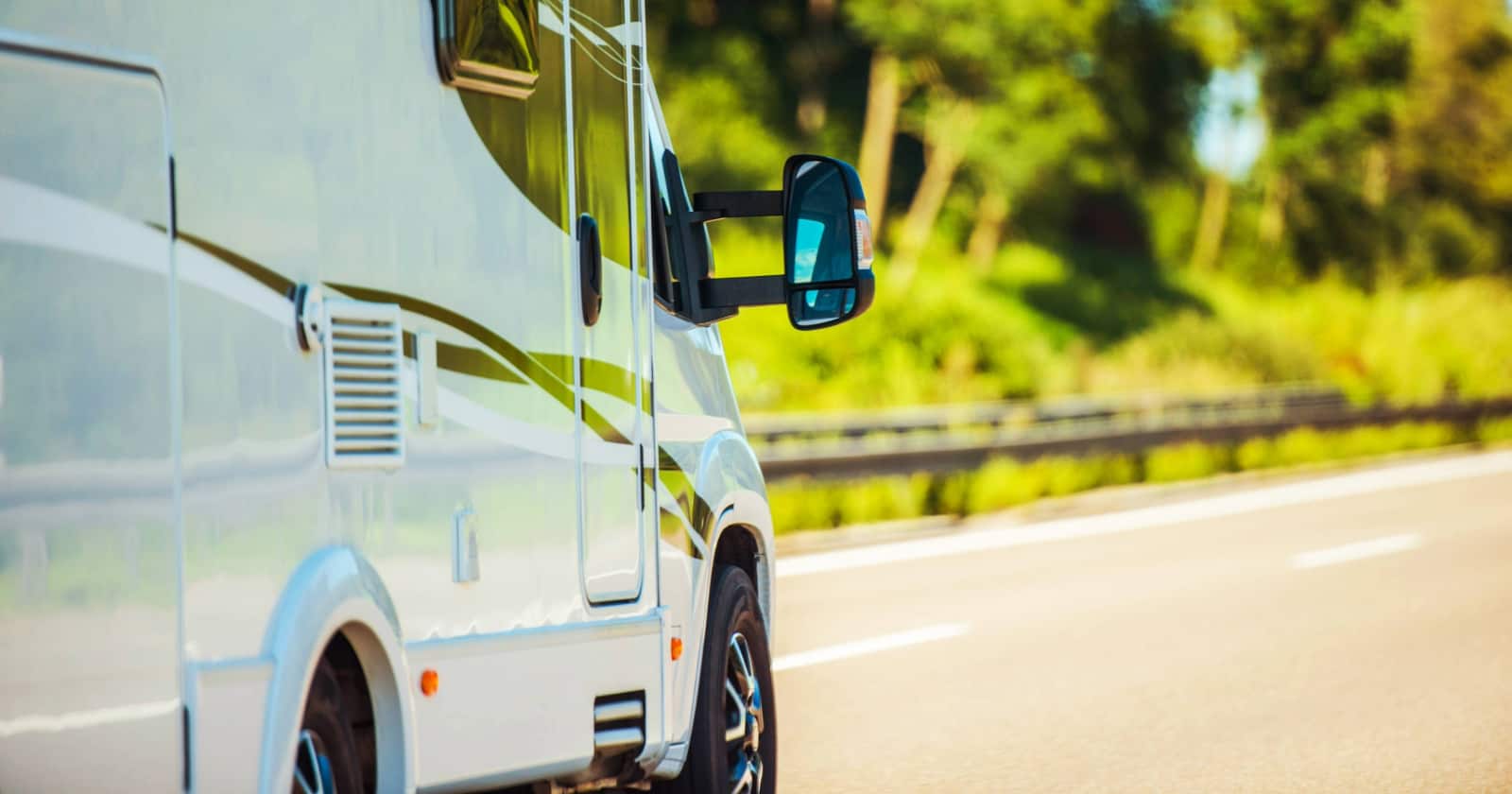Over the years, my family and I have become seasoned travelers in our RVs, encountering a myriad of leaks, malfunctions, and other challenges. Fortunately, the need for professional repairs has been a rarity. We’ve found a reliable educator in ‘YouTube University,’ where a few instructional videos equip us with the knowledge needed to tackle most issues. Armed with our essential toolkit, we’ve successfully resolved these problems ourselves.
Through numerous repairs on our RV journeys, we’ve honed our understanding of the essential tools needed for life on the road. Here’s a curated list of indispensable tools for any RV adventure. Keep these in your storage bay, and you’ll be well-equipped to handle most repair challenges that come your way during your travels.
Cutting and Prying Tools
Pocket Knife and/or Utility Knife
I highly recommend equipping yourself with both a pocket knife and a utility knife. While it’s ideal to have both if you must choose, either one can be versatile enough for your needs. From slicing open packages to aiding in tasks like lifting vinyl flooring, a knife is an incredibly handy tool for a multitude of RV repairs and tasks.
Wire Cutters
Unfortunately, RV electrical issues do come up from time to time. For this reason, a pair of wire cutters is a must-have in any RV tool kit. You might also want to keep a multi-pack of wire connectors handy for quick fixes.
Fastening Tools
Multi-Bit Screwdriver
The number of screws found in an RV is astounding, and there is always something that needs to be screwed back into place. Having a power drill with a wide variety of bits will help ensure you always have the right tool for the job when it comes to keeping things in place in your RV.
Adjustable Wrench Set
Sometimes a wrench is needed rather than a screwdriver. This is where your adjustable wrench set comes into play. A set of small, medium, and large adjustable wrenches should be able to take care of most tasks that require a wrench and possibly remove the need to carry a whole set of SAE and metric wrenches.
Socket and Ratchet Set
There are some stubborn nuts and bolts that won’t budge for a wrench. Other times, you simply cannot reach to use a wrench. In these cases, a simple socket-and-ratchet set can save the day. Look for one with a reversible ratchet and both SAE and metric sockets.
Allen Wrenches
A need for Allen wrenches doesn’t come up often when fixing an RV, but we do need them occasionally—and when you need them, nothing else will do. Fortunately, they are small and inexpensive, so keeping a set of metric and SAE Allen wrenches shouldn’t be an issue.
Electrical Tools
Multimeter
Speaking of working with electricity, a multimeter is one of the most essential tools when it comes to tracking down problems with your RV’s power. Grab one now and stick it in your bag so you have it when you need it. You can thank me later.
Measuring and Leveling Tools
Measuring Tape
A measuring tape is something you will use time and time again. There are all sorts of reasons you might need to measure something in an RV, especially if you take on any renovation projects or major repairs to the floor or walls.
Bubble Level
Getting your RV level can be a real pain in the neck, especially if you’re trying to determine whether or not you’re level based on the way the RV feels. A bubble level will be an enormous help for getting the rig as level as possible, even when your campsite is less than level.
Sealing and Adhesion Tools
Duct Tape
Like zip ties, duct tape can be used to fix an enormous number of issues. From a patch on the underside of a dinette cushion to a super quick temporary seal before rain comes, duct tape has saved us on more than one occasion and helped us limp along until we could do a more permanent repair.
EternaBond Tape
Want a tape that offers the convenience of a quick fix with a bit more permanence? This is where Eternabond tape comes into play. This stuff won’t do every possible job. (It won’t patch gray tank leaks, for instance. Ask me how I know.) That said, it is absolutely ideal for patching a torn roof or awning or creating a new seal on an RV roof. It stays in place for years and does its job well.
Dicor Sealant
Speaking of roof seals, it’s also good to keep some Dicor sealant on hand. We recommend a tube of non-sag and a tube of self-leveling. This will ensure you can quickly fix any seals that need it no matter where you are. Note that if you have a few seals that seem worn or are leaking, it’s probably time to buy several tubes of sealant and reseal the whole rig.
Caulking Gun
You can’t use the aforementioned Dicor without a caulking gun, making this one of those essential tools that you really have to have on hand. This is one of those tools that is super lightweight and inexpensive, so adding one to your kit should be no big deal.
Specialty Tools
Thread Seal Tape
Occasionally, you may find yourself doing a bit of plumbing work. You’ll also need to open up your water heater drain to winterize your rig, and you might come across some city water connections that are a bit leaky. In all of these instances, some thread seal tape can be extremely helpful for preventing leaks.
Bottle Jacks
Bottle jacks come in handy when you need to put a spare tire on either your vehicle or your RV. Make sure you have some that can handle the weight of your rig, and always, always carry a spare tire.
Leather Work Gloves
Finally, we highly recommend grabbing a pair of leather work gloves for your RV. These will protect your hands while you work so you don’t end up with blisters, sores, splinters, and a bunch of dirt and grease on your skin.
Emergency Tools
Headlamp or Flashlight
With so many small nooks and crannies to peek into in an RV and the potential for issues on the underside of the trailer or motorhome, a flashlight of some sort is essential. We recommend a headlamp, as you can use it while working with your hands.
Miscellaneous Tools
Pliers
Perhaps the most used item in our of our essential tools, a pair of needle-nose pliers is an absolute must-have. We also recommend keeping small and large slip-joint pliers on hand, as well as a pair of locking pliers, for holding things in place or getting an extra good grip.
Hammer
A multi-use tool, you can use your hammer as a hammer, of course, but you can also employ it when it comes time to knock something loose, pry things apart, or bend something back into shape. This is one you will definitely want to throw in your tool bag.
Zip Ties
Zip ties can be used to fix so many problems and patch so many things it isn’t even funny. If you don’t have a set of zip ties that includes multiple sizes, get one and put it in one of your RV storage bays. It may take you forever to get through the whole pack, but you will use them.
Your Turn: Enhancing Our Essential RV Toolkit
While the tools listed here form a solid foundation for handling most challenges RV life throws at you, the world of RV maintenance is vast and varied. You might find other tools equally essential based on your experiences. We encourage you to share your insights and additions. What tools have you discovered to be invaluable on your RV adventures? Let us know in the comments.
Your contributions not only help us broaden our toolkit but also assist fellow RV enthusiasts in gearing up for their journeys. Remember, with the right tools and a little know-how, you’re well-equipped to enjoy the freedom and fun of RVing!




A battery powered drill and bits. You never know when you will need one.
Spare pex rings and pex tool in case a leak happens.
What a great list. I would suggest adding…
– EternaPrime spray primer. It lowers minimum application temperature from 40 deg down to -20 deg and seals over mildly dirty surfaces.
– Seam roller for EternaBond tape.
– A few couple of short (2 to 3 feet) sections of red and blue PEX piping.
– Various PEX fittings, especially to cap off a leaking section. You might not be able to use a sink etc, until you get home but you can stop the leak so the remainder of plumbing still works.
– A PEX crimper and cutter. (Some PEX fittings are manual but others require crimping. )
– Battery powered or 12 VDC air compressor.
– Assortment of common nuts, bolts, washers & spare lug nuts.
– Jack Stand (great companion to bottle jack)
– Spare fuses.
– Crimp connectors and Wago connectors
The first rule of tools is to carry the tools you know how to use. If you don’t know how to use them, you’re more likely to hurt yourself or damage your vehicle than diagnose or repair anything. The primary example is the multimeter. If you don’t know how to safely access electrified equipment, you should not be putting anything metal near it. You’d be much better off with a non-contact voltage tester (only useful for 120VAC).